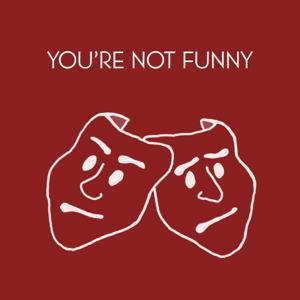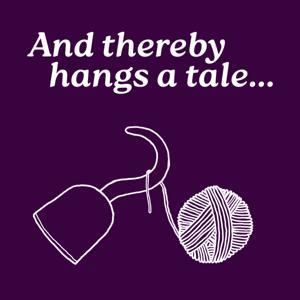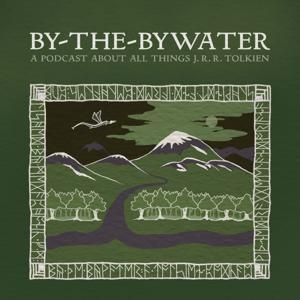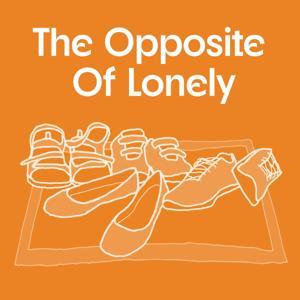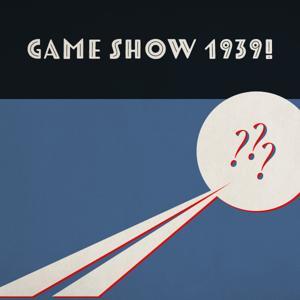I may say that only three times in my life have I met a genius and each time
a bell within me rang and I was not mistaken, and I may say in each case it
was before there was any general recognition of the quality of genius in them.
The three geniuses of whom I wish to speak are Gertrude Stein, Pablo Picasso
and Alfred Whitehead. I have met many important people, I have met several
great people but I have only known three first class geniuses and in each case
on sight within me something rang. In no one of the three cases have I been
mistaken. In this way my new full life began.
The Autobiography of Alice B. Toklas (written
by her partner, Gertrude Stein) recounts the couple’s lives in early
twentieth-century Paris among painters, writers, and composers—and, during the
First World War, soldiers. Chris and Suzanne explore what the book says about
how painting is like writing, about wives, and about America—and they talk
about other pieces by Stein that they love.
Show Notes.
The Autobiography of Alice B. Toklas. [Project
Gutenberg.
Other works by Stein: Three Lives. Tender
Buttons. The Making of
Gertrude Stein reads If I Told Him: A Completed Portrait of
Alice B. Toklas in her own
femmes
(1908), a portrait, “in a sort of red brown, of three women, square and
posturing, all of it rather frightening”.
Picasso’s Portrait of Gertrude
Sonia Delaunay’s magnificent book collaboration with poet Blaise Cendrars, La
prose du Transsibérien et de la Petite Jehanne de
Seeing Gertrude Stein: Five
Stories, an exhibit that was at
the National Portrait Gallery several years ago with a webpage full of images
The Steins Collect: Matisse, Picasso, and the Parisian Avant-Garde, a series of lectures
hosted by the Metropolitan Museum of Art.
Next time: Dante’s Inferno (translated by Mark Musa
or Charles Singleton or Ciaran
Carson or whomever you’d like).





























